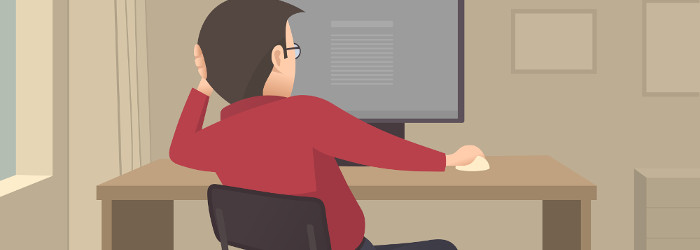How to turn good intentions to actions

There has never been a better time to be employed. There are more opportunities for autonomy and innovation; so much capability to achieve great things and so many ways to have rich relationships. There’s never been a better time to live, but whether you experience it as a world of overwhelming busyness, or one of amazing opportunity, depends on your approach.
It would be hard to find someone in a modern organization who didn’t accept that they should focus on more important things, that they should find more time to think, or even that they are too busy. Yet somehow, day after day, that good intention does not translate into action – it’s just another thing we keep meaning to do. Why is that?
One of the biggest counter-productive behaviours is avoidance.
Why we avoid doing the hard stuff
Focus, prioritization, problem solving and innovation are critical skills if we want to move from a career strategy of ‘More’ to one of ‘Better’. However, each and every one of those activities is hard. All four of those activities push the prefrontal cortex to the max, and our brains are lazy. In simple terms, given the choice between easy and difficult tasks, your brain will opt for easy.
This is the temptation of busywork. Don’t be fooled into thinking that the big temptation is doing work versus goofing off on Facebook. The bigger temptation is the lure of the simple tasks over the complex activity. There are always so many small things to do that even if we never accomplished anything big again, we’d still feel productive.
If you are serious about wanting to make more of an impact, what can you do? One big change you can make is to figure out ways to avoid the temptation of the simple task.
How to get better at resisting temptation
Studies of self-control have showed that those with strong willpower are not better than others at resisting temptation – they’re better at avoiding it. For example, they didn’t eat healthily by resisting plates of chocolate cake when offered, but by making sure their fridge was only full of healthy foods. They had more self-control because of the strength and effectiveness of their habits.
This is very true for busyness and the distractions that pull us back into its embrace. The trick is to identify the temptations that are likely to lure you away from your important work, and to develop preventative habits. If you want to be more focused, switch off your email while you are working on the big stuff. Do the same with your texts and even the phone. Or work from home one day a week, or even better, work from a place with no Wi‑Fi coverage. Or use an app like Freedom, which blocks your access to the Internet for up to eight hours at a time. What you need is not iron willpower, but great habits.
Adapted from Busy: How to thrive in a world of too much by Tony Crabbe.


